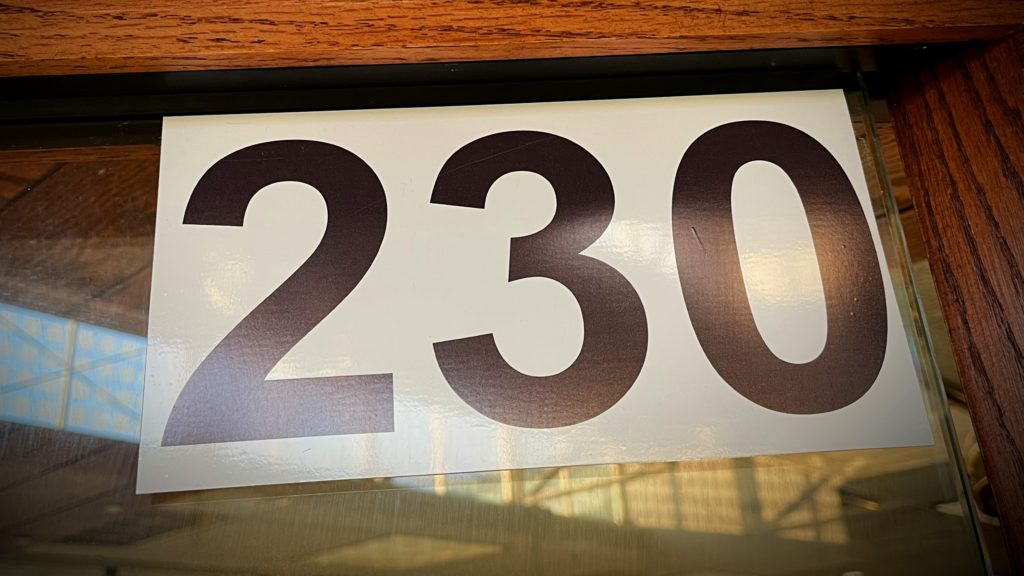
Plaintiffs sued Meta, claiming that they were harmed by fraudulent third-party ads posted on Facebook. Plaintiffs argued that these ads violated Meta’s own terms of service, which prohibits deceptive advertisements. They accused Meta of allowing scammers to run ads that targeted vulnerable users and of prioritizing revenue over user safety. Meta moved to dismiss claiming that it was immune from liability under 47 U.S.C. § 230(c)(1) (a portion of the Communications Decency Act (CDA)), which generally protects internet platforms from being held responsible for third-party content.
Plaintiffs asked the district court to hold Meta accountable for five claims: negligence, breach of contract, breach of the covenant of good faith and fair dealing, violation of California’s Unfair Competition Law (UCL), and unjust enrichment. They alleged that Meta not only failed to remove scam ads but actively solicited them, particularly from advertisers based in China, who accounted for a large portion of the fraudulent activity on the platform.
The district court held that § 230(c)(1) protected Meta from all claims, even the contract claims. Plaintiffs sought review with the Ninth Circuit.
On appeal, the Ninth Circuit affirmed that § 230(c)(1) provided Meta with immunity for the non-contract claims, such as negligence and UCL violations, because these claims treated Meta as a publisher of third-party ads. But the Ninth Circuit disagreed with the district court’s ruling on the contract-related claims. It held that the lower court had applied the wrong legal standard when deciding whether § 230(c)(1) barred those claims. So the court vacated the dismissal of the contract claims, explaining that contract claims were different because they arose from Meta’s promises to users, not from its role as a publisher. The case was remanded back to the district court to apply the correct standard for the contract claims.
Three reasons why this case matters:
- It clarifies that § 230(c)(1) of the CDA does not provide blanket immunity for all types of claims, especially contract-related claims.
- The case underscores the importance of holding internet companies accountable for their contractual promises to users, even when they enjoy broad protections for third-party content.
- It shows that courts continue to wrestle with the boundaries of platform immunity under the CDA, which could shape future rulings about online platforms’ responsibilities.
Calise v. Meta Platforms, Inc., 103 F.4th 732 (9th Cir., June 4, 2024)





 Evan Brown is an attorney in Chicago practicing copyright, trademark, technology and in other areas of the law. His clients include individuals and companies in many industries, as well as the technology companies that serve them. Twitter:
Evan Brown is an attorney in Chicago practicing copyright, trademark, technology and in other areas of the law. His clients include individuals and companies in many industries, as well as the technology companies that serve them. Twitter: 
